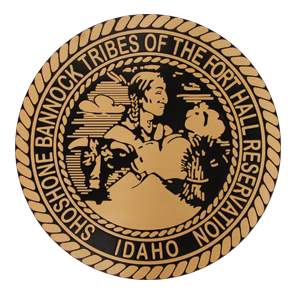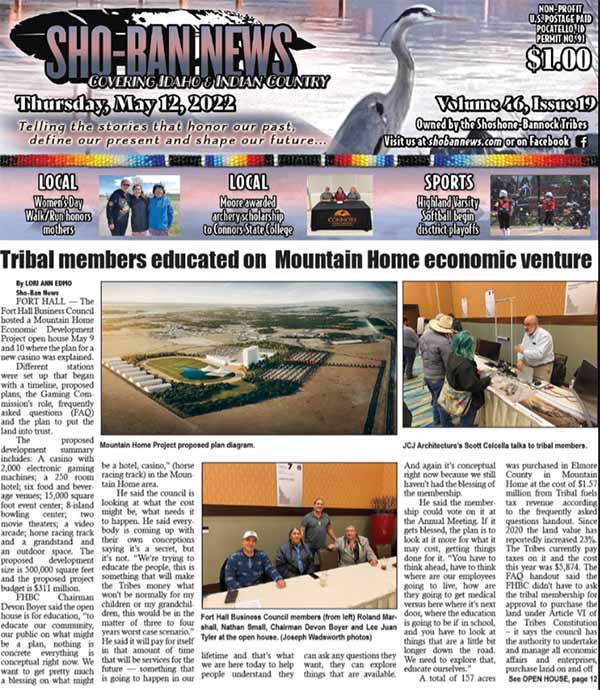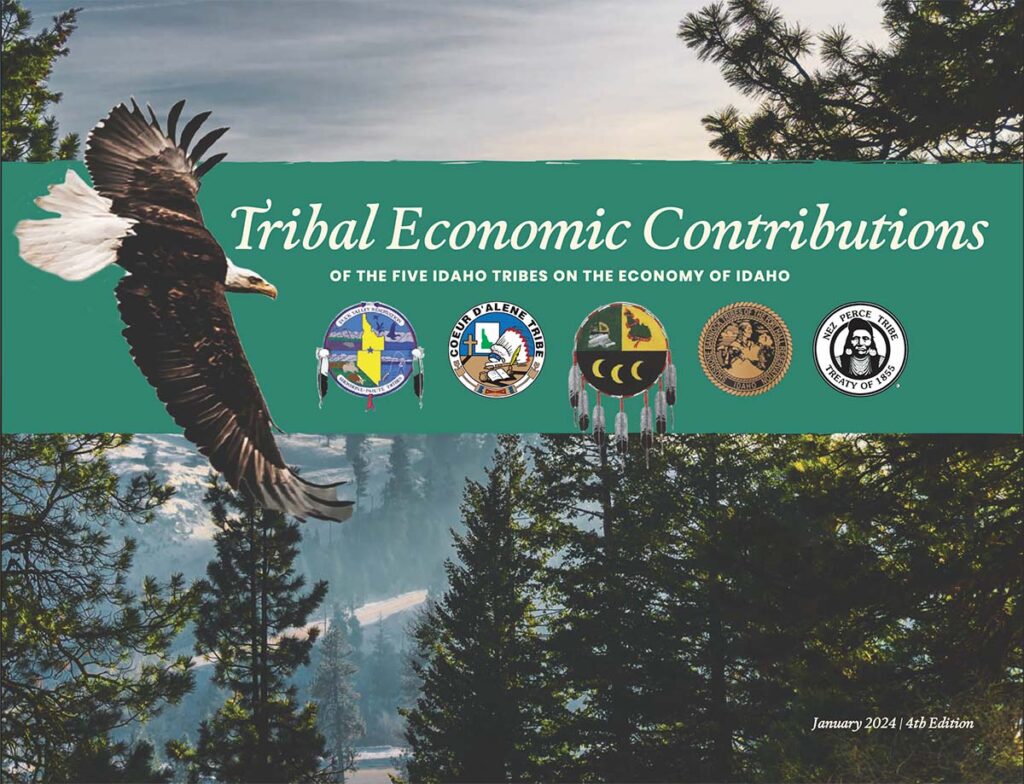
Tribal Economic Development
Explore Gaming
Mountain Home Project
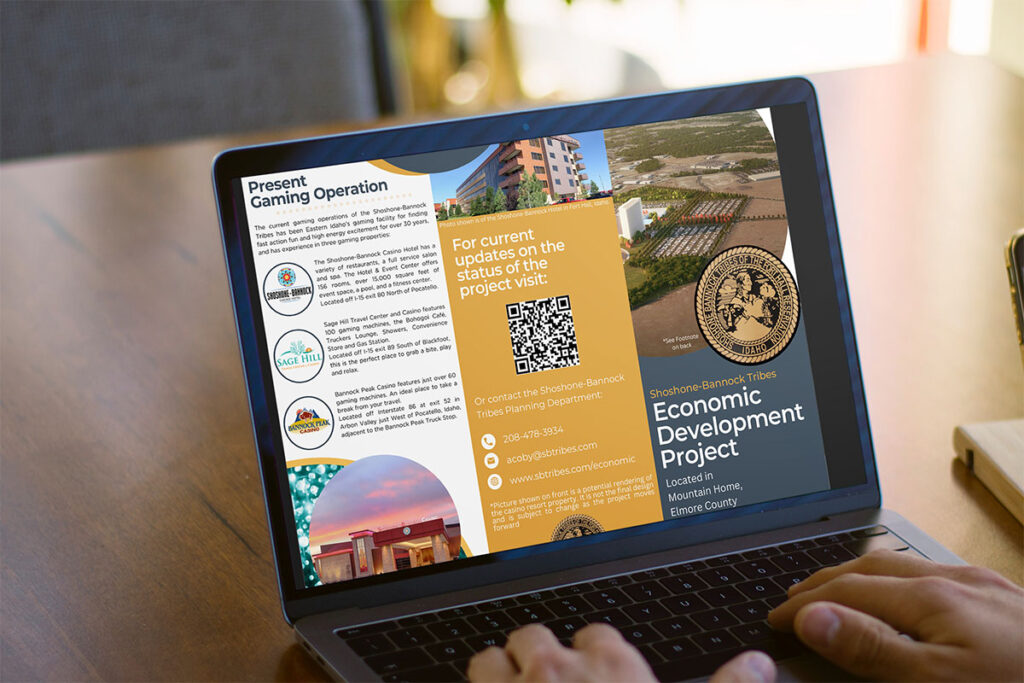
The Tribes is proposing a 500,000 square-foot casino on a 157-acre of land near Mountain Home, Idaho. The land was purchased by the Tribes in 2020 and the proposed economic project will bring in needed revenue to meet a growing operations budget the Shoshone-Bannock Tribes.
Download Brochure
Latest Press Release

Open house events have been held to educate the public. Tribal membership of the Shoshone-Bannock Tribes had the opportunity to vote on whether to proceed with this project in a Referendum Vote held September 23, 2022. The result of that vote will allow the project to proceed. Photo Joseph Wadsworth, Sho-Ban News
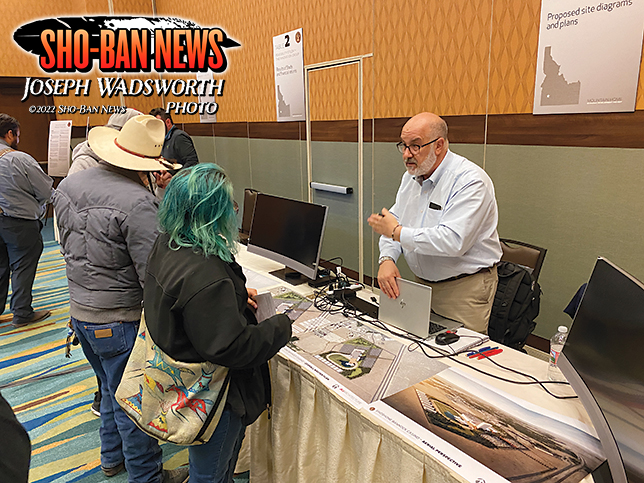

Contact Us:
For more information please email:
Alonzo Coby (acoby@sbtribes.com)
Planning Director/Project Leader
Echo Marshall (ecmarshall@sbtribes.com)
Public Affairs Manager/ Media contact
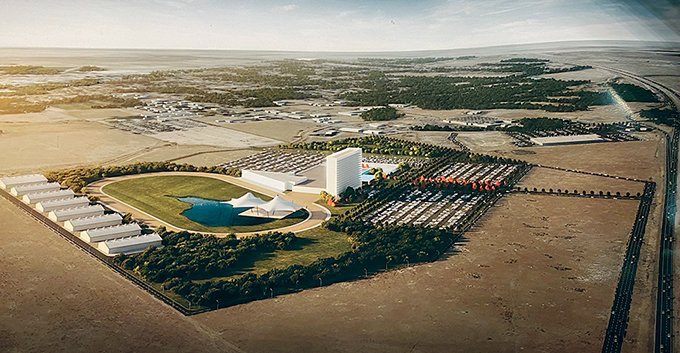
Potential gaming facility conceptual early stage rendering.
FHBC STATEMENT

Regional Economic Impact
Tribal Economic Impacts Study
The five tribes of Idaho have an important, rapidly growing impact on Idaho's economy. As sovereign nations, these tribes have their own governments, health and education services, police forces, judicial systems, economic development projects, gaming casinos and resorts, agricultural operations, retail trade and service businesses, cultural and social functions, and other important regulatory activities. Providing these services creates significant economic and social impacts not only on the Indian reservations, but also in the communities surrounding them. Combined, the five tribes of Idaho are contributing to the economic and social health of the State of Idaho.
Culture and History.
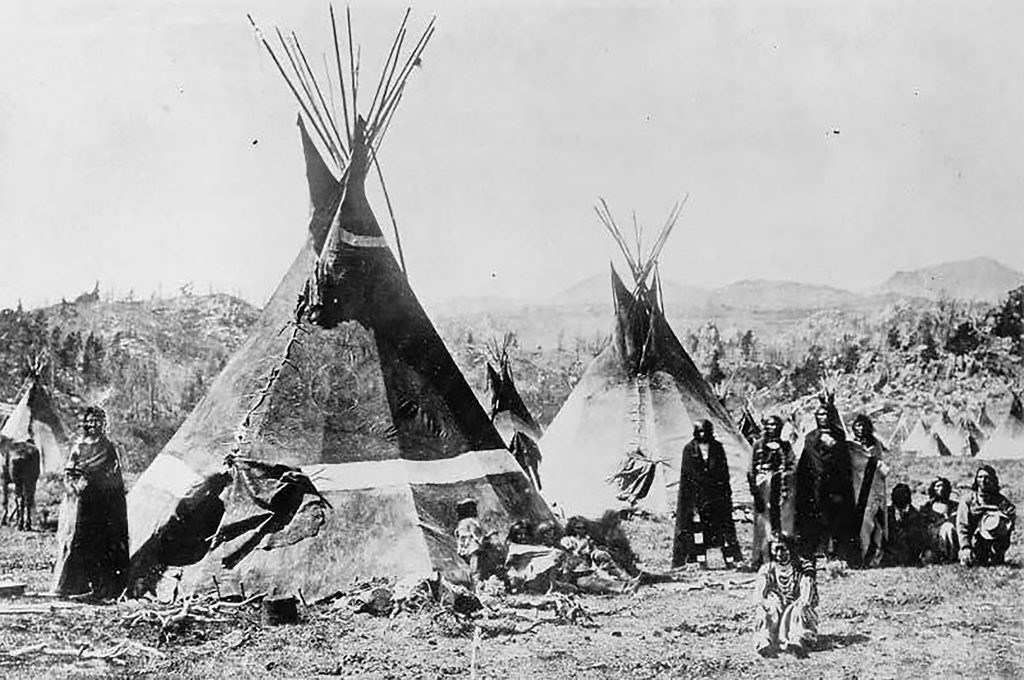
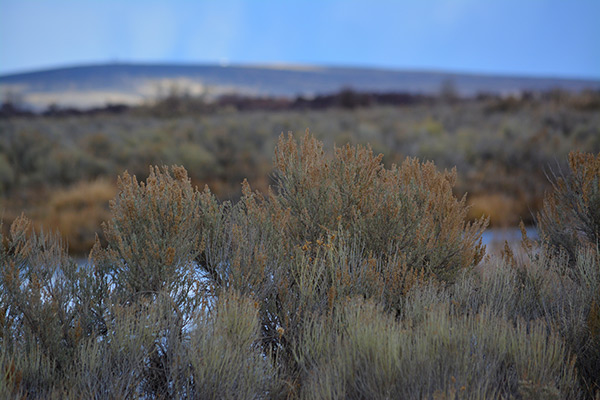
The Shoshone-Bannock Tribes is a Sovereign Nation. The Shoshones and Bannocks entered into peace treaties in 1863 and 1868 known today as the Fort Bridger Treaty. The Fort Hall Reservation was reserved for the various tribes under the treaty agreement.
The Fort Hall Reservation is located in the eastern Snake River Plain of southeastern Idaho. It is comprised of lands that lie north and west of the town of Pocatello. The Snake River, Blackfoot River, and the American Falls Reservoir border the reservation on the north and northwest.
The Shoshone-Bannock Tribes of Fort Hall are comprised of the eastern and western bands of the Northern Shoshone and the Bannock, or Northern Paiute, bands. Ancestral lands of both tribes occupied vast regions of land encompassing present-day Idaho, Oregon, Nevada, Utah, Wyoming, Montana, and into Canada. The tribes are culturally related, and though both descend from the Numic family of the Uto-Aztecan linguistic phylum, their languages are dialectically separate. When the Northern Paiutes left the Nevada and Utah regions for southern Idaho in the 1600s, they began to travel with the Shoshones in pursuit of buffalo. They became known as the Bannocks.
Employment Opportunities.
The Shoshone-Bannock Tribes offer many employment opportunities. Current job opening are listed at the link below and each listing will have specific instructions for the application process. Tribal member preference applies to qualified job applicants in accordance with the Shoshone-Bannock Tribes Personnel Policies and Procedures Manual and Resolution GNCL-03-0829.
